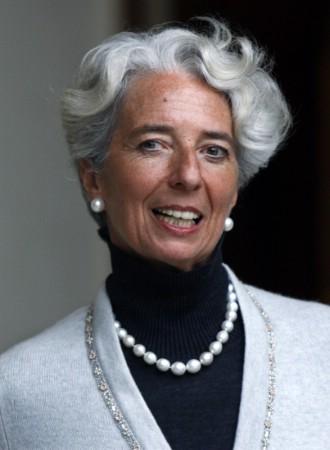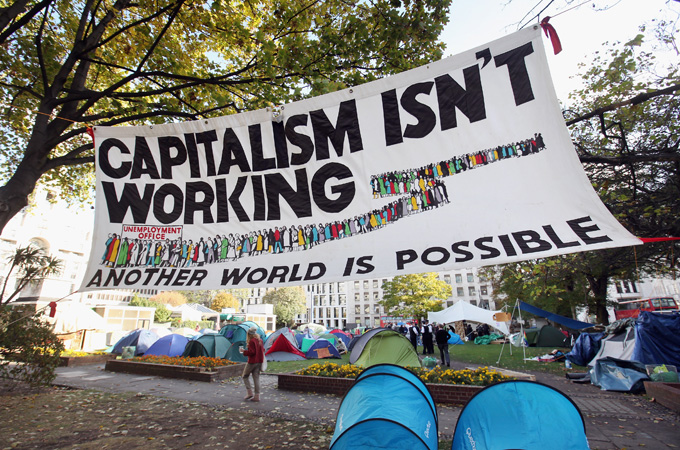With support from the Australian Centre for International Agricultural Research, the International Rice Research Institute (IRRI) in March 2011 launched a four-year project to introduce the flood-tolerant SUB1 gene and Saltol, a salt-tolerant gene, to Vietnamese rice varieties.
Transferring the genetic information - a process known as introgression - is expected to take three years. Because the genes are being introduced to rice currently grown in Vietnam, farmers will not need to learn new farming practices. Transferring the genetic information - a process known as introgression - is expected to take three years. Because the genes are being introduced to rice currently grown in Vietnam, farmers will not need to learn new farming practices.
The Mekong Delta is the country’s rice basket, and Vietnam is the world’s second largest rice exporter. With soil and crops already being damaged by saltwater intrusion, farmers and development agencies are troubleshooting ways to cope. Some rice paddies in Thanh Hoa Province have been converted to shrimp ponds, according to Nguyen Viet Nghi, CARE’s project manager of a community-based mangrove reforestation programme in Thanh Hoa.
“It was done by farmers themselves, and CARE is planning to support them combine mangroves and shrimp development in their ponds,” said Nghi. More









